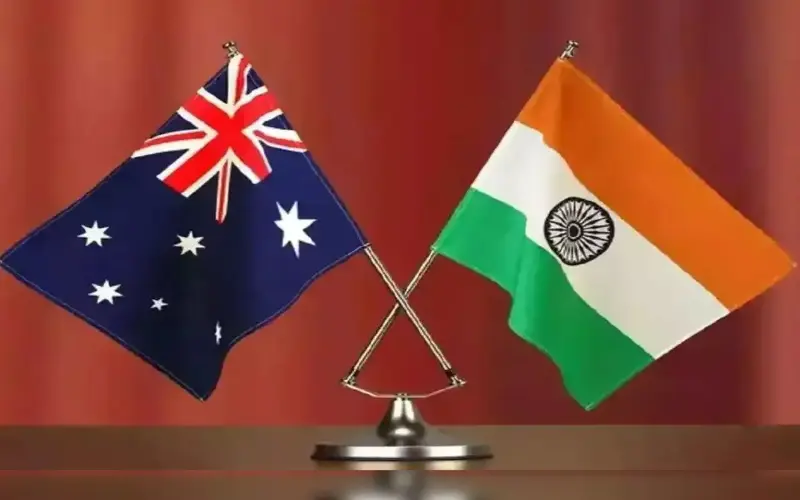India’s Iron Wall: Dairy Stance Halts Australia Trade Deal

India's uncompromising position on dairy tariffs has emerged as a critical stumbling block in finalizing a comprehensive trade agreement with Australia. This firm stance reflects the nation's dedication to protecting its expansive domestic dairy sector, which it considers an indispensable part of its trade policy. For the international dairy community, this situation highlights the unique complexities and sensitivities impacting global agribusiness trade negotiations, particularly in a nation with a vast agrarian population.
Despite an interim trade agreement reached in 2022, efforts to secure a broader, more comprehensive pact have noticeably stalled. Key issues include the contention around greater market access for dairy products and wine. India's determined approach is deeply rooted in its entrenched policy of defending its sensitive agricultural and dairy sectors, which are crucial for the livelihoods of nearly half of its 1.4 billion residents, even though they contribute approximately 16% to the national economy.
The importance of the Indian dairy industry is undeniable. As the world’s largest milk producer, India's triumph is largely due to its distinctive cooperative dairy model, notably represented by the esteemed Amul brand. This structure provides millions of small-scale farmers with stable incomes and promotes rural prosperity. Any policy perceived to endanger this foundation is met with significant caution, positioning dairy market access as a vital barrier in trade discussions.
From a dairy economics viewpoint, opening India's markets to substantial imports could disrupt this delicate cooperative system and adversely affect millions of smallholders. The government's protectionist stance aims to prevent such outcomes, prioritizing social stability and rural employment over broader trade liberalization in this sector.
This delay in the India-Australia trade negotiations over dairy protectionism acts as a compelling case study for global trade analysts and agribusiness professionals. It demonstrates how deeply ingrained domestic agricultural interests, particularly in populous countries like India, can influence the speed and scope of international trade agreements, affecting global dairy supply dynamics and highlighting the balancing act between economic liberalization and socio-economic stability.











